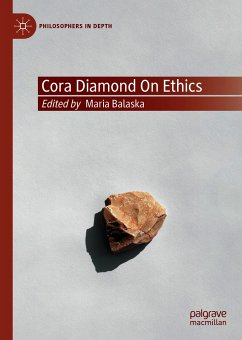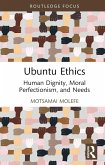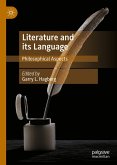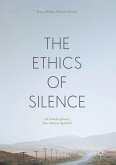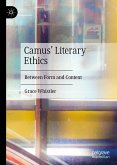"On rare occasion a philosopher enters our midst who challenges us to see and think and act differently; who thereby delights us, and inspires wonder and admiration and love. Cora Diamond is that philosopher. She is a master of diagnosis -- and her work is living proof that a beautifully crafted diagnosis will not leave us unchanged. On our lives with animals, our lives with each other, on being human, on thinking as itself ethical, on facing or avoiding reality, and living with the threat of being undone by it, Cora Diamond's thinking gets inside us, and gets us going. Cora Diamond on Ethics is an excellent collection of essays on the meaning and scope of her ethical work".
- Jonathan Lear, John U. Nef Distinguished Service Professor at the Committee on Social Thought and in the Department of Philosophy, The University of Chicago, USA
This collection offers an in-depth look at Cora Diamond's distinctive approach to ethics and its philosophical significance. It comprises a new essay by Cora Diamond on the policing of concepts, followed by ten original chapters by world-class scholars covering conceptual loss, moral theory, the category of the human, the moral consideration of animals, and the meaning of narcissism.
Including comparisons to the work of other contemporary moral philosophers such as Martha Nussbaum, Jeff McMahan, Rai Gaita, Eva Kittay, Christine Korsgaard, and Edward Harcourt, the volume also creates interdisciplinary links between Diamond's work and other fields of study, including psychoanalysis and contemporary ethology. Showcasing the vital importance of Diamond's contribution to philosophy, this volume is essential reading for scholars working in ethics, philosophy of language and literature.
Maria Balaska is Lecturer in Philosophy at the University of Hertfordshire, UK. She is the author of Wittgenstein and Lacan at the Limit: meaning and astonishment.
- Jonathan Lear, John U. Nef Distinguished Service Professor at the Committee on Social Thought and in the Department of Philosophy, The University of Chicago, USA
This collection offers an in-depth look at Cora Diamond's distinctive approach to ethics and its philosophical significance. It comprises a new essay by Cora Diamond on the policing of concepts, followed by ten original chapters by world-class scholars covering conceptual loss, moral theory, the category of the human, the moral consideration of animals, and the meaning of narcissism.
Including comparisons to the work of other contemporary moral philosophers such as Martha Nussbaum, Jeff McMahan, Rai Gaita, Eva Kittay, Christine Korsgaard, and Edward Harcourt, the volume also creates interdisciplinary links between Diamond's work and other fields of study, including psychoanalysis and contemporary ethology. Showcasing the vital importance of Diamond's contribution to philosophy, this volume is essential reading for scholars working in ethics, philosophy of language and literature.
Maria Balaska is Lecturer in Philosophy at the University of Hertfordshire, UK. She is the author of Wittgenstein and Lacan at the Limit: meaning and astonishment.
Dieser Download kann aus rechtlichen Gründen nur mit Rechnungsadresse in A, B, BG, CY, CZ, D, DK, EW, E, FIN, F, GR, HR, H, IRL, I, LT, L, LR, M, NL, PL, P, R, S, SLO, SK ausgeliefert werden.
"Cora Diamond is an important and illuminating voice in contemporary Philosophy ... . Balaska has done well to present us with a collection of essays by a broad range of thinkers who help develop conversations on ethics and its place in our lives. It might be said that these essays are not designed to tell you what to think about ethics, but may act as a guide in your own thinking about ethics." (Ryan Manhire, Philosophical Investigations, Vol. 45 (2), April, 2022)

